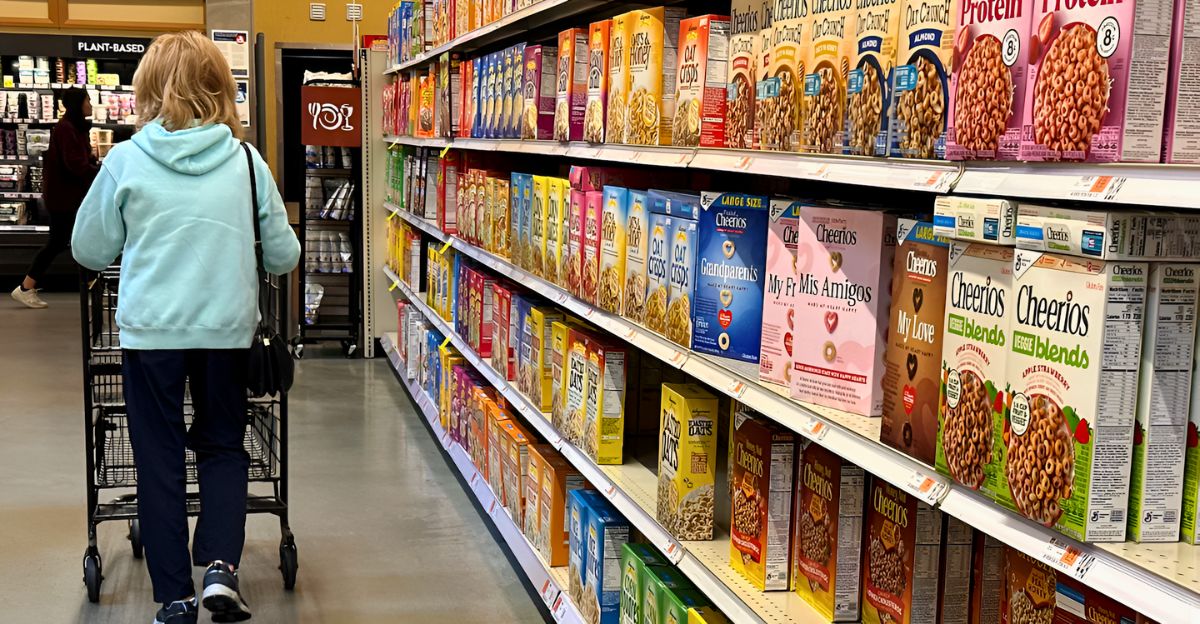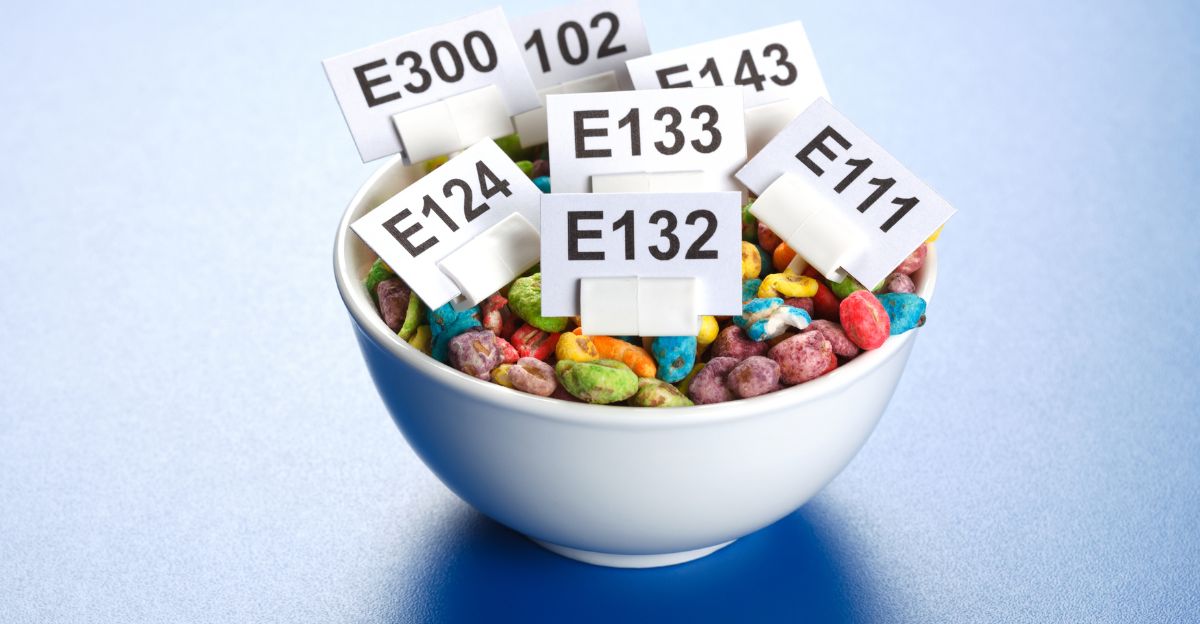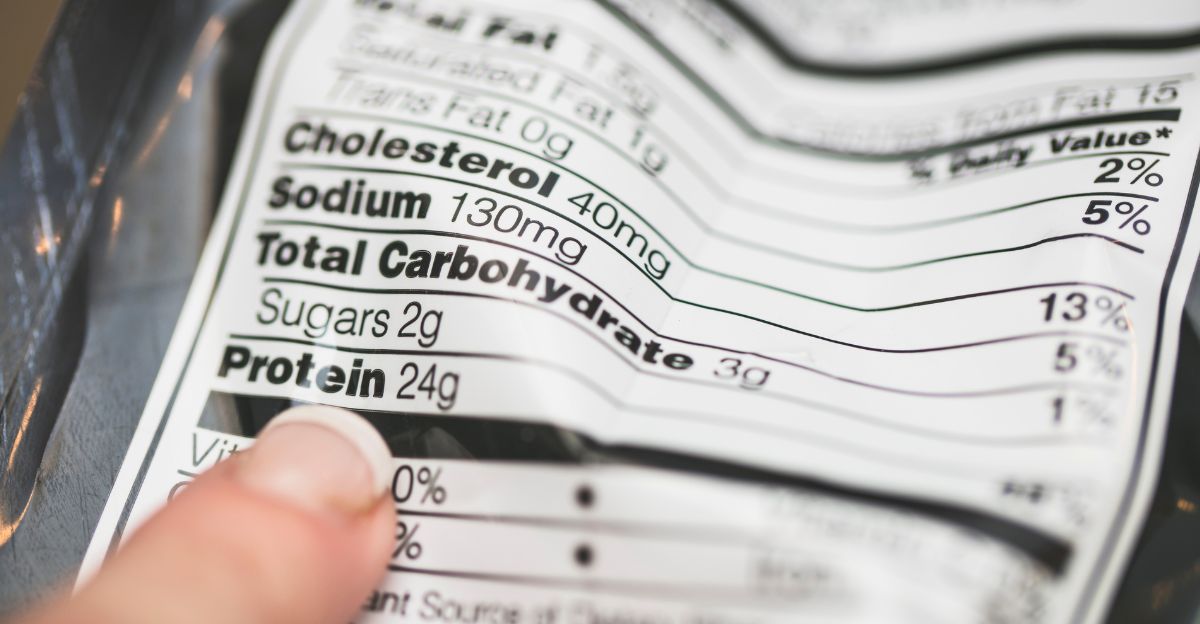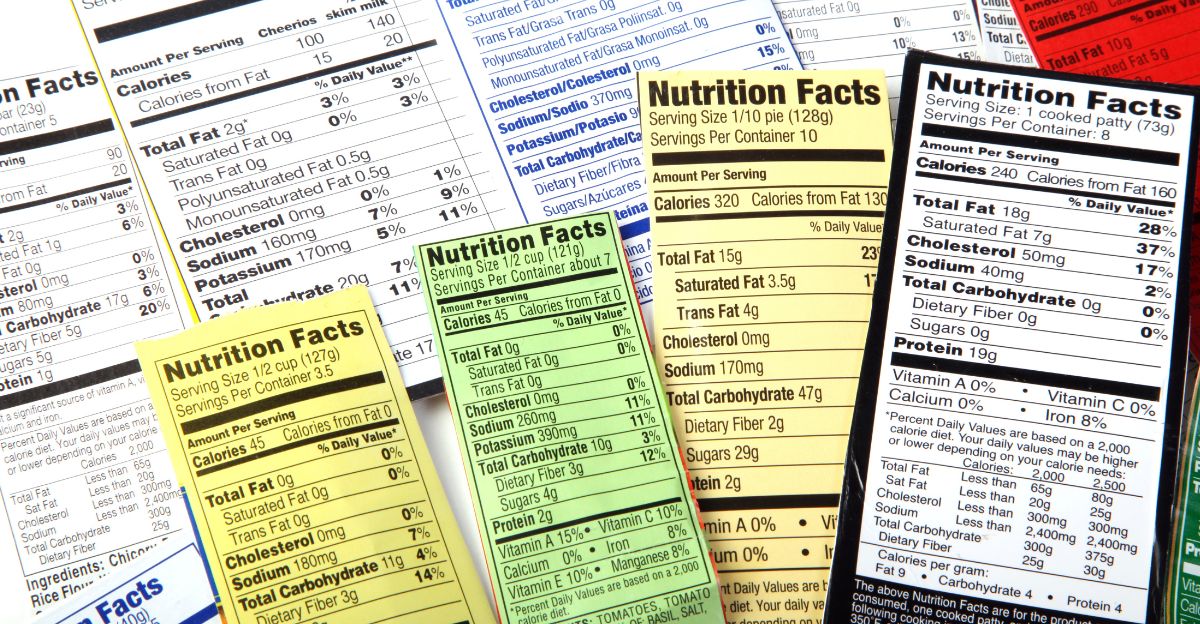
Texas governor Greg Abbott has signed a groundbreaking bill requiring warning labels on foods that contain 44 artificial dyes and additives, many of which are banned or restricted in other parts of the world.
This first-of-its-kind legislation signals a major shift in food regulation from a traditionally conservative state, with potential ripple effects across the U.S. food industry and consumer behavior.
The new law mandates labels stating, “WARNING: This product contains an ingredient that is not recommended for human consumption by the appropriate authority in Australia, Canada, the European Union, or the United Kingdom,” aiming to alert consumers to potential health risks.
The “Make Texas Healthy Again” Movement

The bill is part of the broader “Make Texas Healthy Again” (MAHA) initiative, inspired by Health and Human Services Secretary Robert F. Kennedy Jr.’s mission to combat chronic diseases linked to ultra-processed foods.
This movement has been growing in Republican-led states, marking a departure from previous GOP resistance to food regulation.
Texas lawmakers emphasize the need to improve public health outcomes amid rising healthcare costs by increasing nutritional awareness and transparency.
Industry Scramble and Reformulation Challenges

Food manufacturers face a tough choice: reformulate their products to eliminate the 44 additives, add the warning labels or stop selling certain products in Texas.
Conducting reformulation has been a challenge due to the widespread use of these ingredients in popular snacks and beverages like Skittles, Mountain Dew, and Doritos.
Some companies may first remove products from Texas shelves or design packaging specifically for Texas. This could lead to supply chain disruptions and raise costs for producers and retailers.
Change in Consumer Shopping Experience

Warning labels on most already-processed foods we buy would soon became a reality for consumers in Texas, possibly altering purchasing habits.
The labels may lead shoppers to avoid products with artificial additives, potentially reducing demand for certain items.
This increased awareness may lead to the promotion of healthier food choices but also create confusion or fear around food safety. The visibility and wording of the labels are designed to be prominent and clear to maximize impact.
Impact on Food Industry Marketing and Legal Battles

The food industry has strongly opposed the bill, arguing that the labels would mislead consumers and create a patchwork of state-specific regulations.
These laws risk confusing consumers, increasing legal risks, and raising costs for brands. The legislation is likely to face lawsuits as companies argue that the costs are unfairly blocking their business. The outcome could affect regulatory strategies in other cities around the country going forward.
Influence on National Food Labeling Policies

Texas’ large market size means its regulations could pressure food companies to adopt nationwide changes, even if other states do not enact similar laws.
The bill also intersects with current FDA proposals for front-of-package nutrition labeling, and could hasten federal action or initiate discussions about regulatory consistency.
Public Health and Education Campaigns

In addition to labeling, the bill creates a Nutrition Advisory Committee to help shape nutrition policies for the state and requires nutrition education in Texas medical schools, as well as physical activity requirements in schools.
The goal of these actions is to prevent chronic diseases and childhood health issues by creating healthier lifestyles and better-informed healthcare providers. This holistic approach reflects a growing recognition of nutrition’s role in public health.
Economic and Supply Chain Implications

The law could affect supply chains as manufacturers adjust ingredient sourcing and production processes. There are also additives that are banned in other countries but still widely used in the U.S., meaning companies could end up doing costly work reformulating recipes or running dual production lines with different packaging.
Texas-based food producers may be disproportionately impacted, potentially influencing business decisions and employment in the sector.
Navigating the New Food Landscape

Consumers can expect to see more warning labels on processed foods as soon as 2027, and may want to read ingredient lists more carefully.
Purchasing in bulk, opting for whole or less processed foods, and experimenting with substitutes without artificial additives can help manage costs and health risks. Increased awareness of ingredient safety and policy changes may lead to better food choices.
Prioritizing Transparency

What began as a state-level mandate for food labeling could have repercussions throughout the U.S. food market, influencing industry practices, consumer behavior, and public health policy.
Texas’ bold action challenges the food industry to prioritize transparency and safety, potentially reshaping the American food landscape.
The law’s full impact will unfold over the coming years, as manufacturers, regulators, and consumers adapt to this new era of food awareness.
Discover more trending stories and Follow us to keep inspiration flowing to your feed!

Craving more home and lifestyle inspiration? Hit Follow to keep the creativity flowing, and let us know your thoughts in the comments below!
